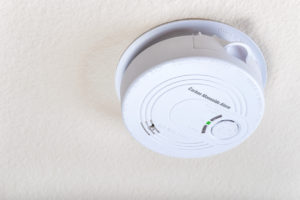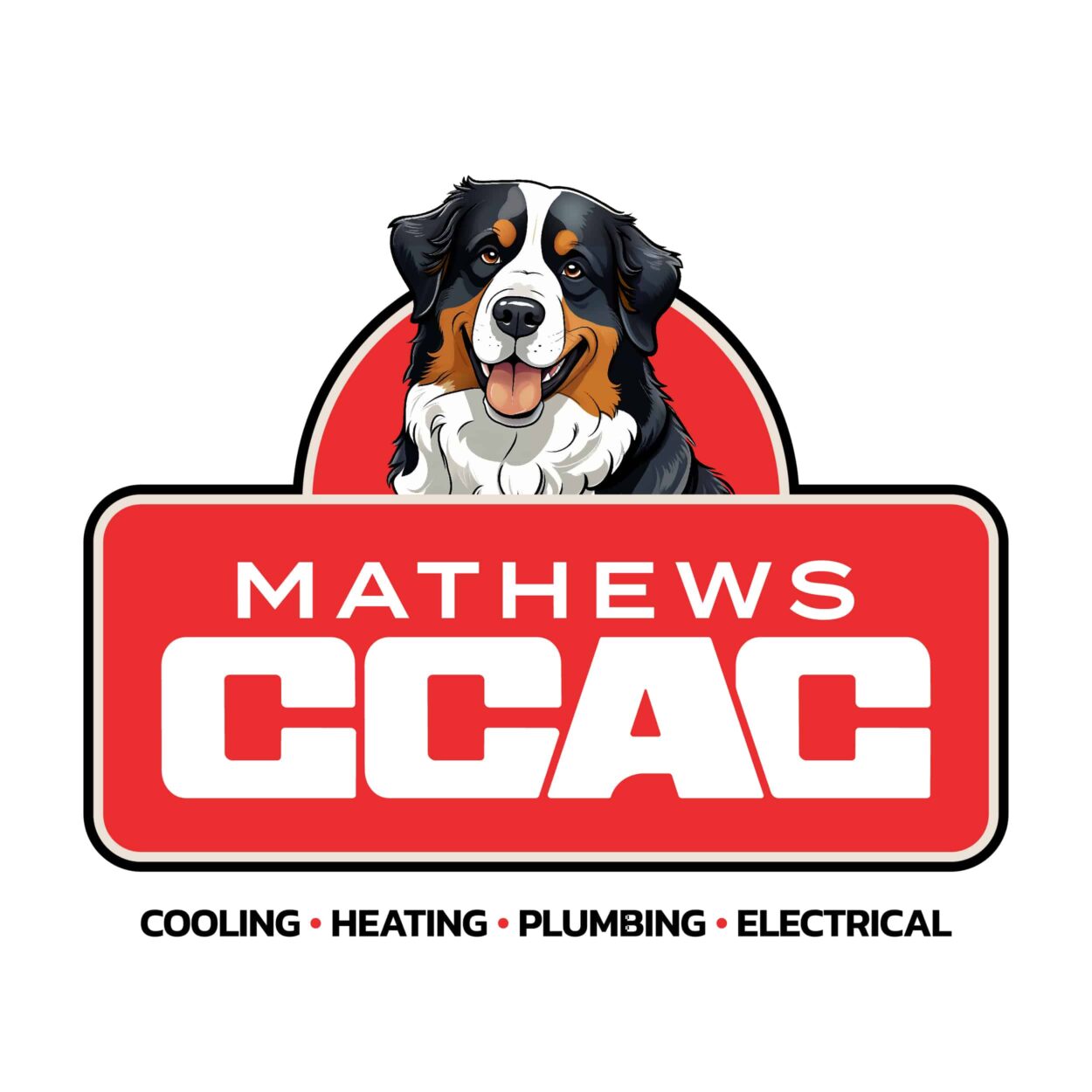 Because it seems like less of a risk in the summertime, it’s easy to forget about carbon monoxide detectors. In reality, carbon monoxide (CO) is a hazard year-round indoors and out for every air-breathing member of your family. CO causes suffocation by replacing the oxygen in your bloodstream. Besides the gas appliances in your home, CO comes from attached garages, barbecue grills, lawn equipment and watercraft.
Because it seems like less of a risk in the summertime, it’s easy to forget about carbon monoxide detectors. In reality, carbon monoxide (CO) is a hazard year-round indoors and out for every air-breathing member of your family. CO causes suffocation by replacing the oxygen in your bloodstream. Besides the gas appliances in your home, CO comes from attached garages, barbecue grills, lawn equipment and watercraft.
As an odorless and colorless gas, your only defense against excessive and lethal exposure is a working detector. Keep up with its maintenance by:
Checking the batteries monthly.
CO detectors use much more power than smoke detectors and those that use batteries exclusively should be checked monthly. It’s also a good idea to periodically check the battery inside hardwired alarms, since the power will drain away eventually even though the batteries aren’t being used actively.
If you tend to forget about the detectors because they sit too high on the wall or ceiling, move them down no lower than eye level for better visibility. You will probably need an electrician if they’re wired into your home’s power supply. .
Cleaning them.
Each time you test the batteries, wipe off the dust.
Pay attention to any beeping they make.
Manufacturers have had to put chips inside carbon monoxide detectors that make the alarms beep when the batteries are low or the devices are nearing the end of their useful lives. The law went into effect in 2009, and if you have CO detectors that predate 2009, replace them. Besides the batteries, the sensor component inside the detector wears out.
Getting a testing kit.
An easy way to determine if your detectors are working is to use a testing kit available at home centers and hardware stores. The kits are easy to use and eliminate all the doubt about the alarm’s ability to sense CO.
Maintaining the carbon monoxide detectors will keep your family safe from CO exposure, as will maintaining home appliances. To learn more, contact CCAC, Inc., providing HVAC services for Coastal Bend homeowners.
Our goal is to help educate our customers in Corpus Christi, Texas about energy and home comfort issues (specific to HVAC systems). For more information about your HVAC system, download our free Home Comfort Guide or call us at 361-678-2495.












